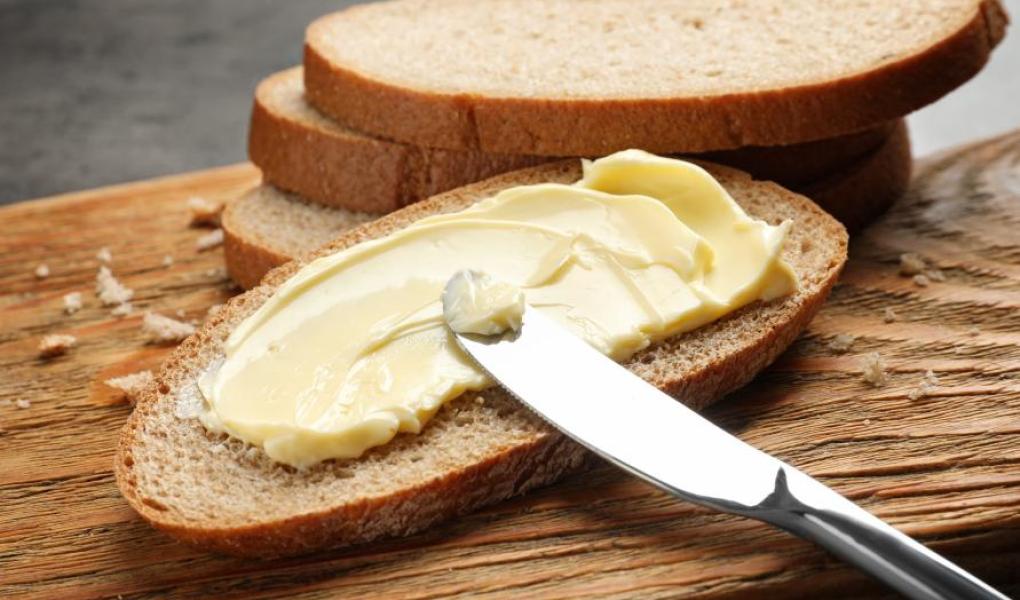– If we replace some of the saturated fat with unsaturated fat, the risk of suffering from cardiovascular disease is reduced, says Anna Turesson Wadell, dietician and PhD student at the Department of Internal Medicine and Clinical Nutrition at the University of Gothenburg.
Testfakta has analyzed the content of nine of Sweden's most common margarines at Eurofin's laboratory in Lidköping. All tested products have a fat content of around 70 percent and are not so-called light variants, where the fat content is often between 30 and 40 percent.
For example, ICA's butter and canola has almost twice as much saturated fatty acids (48.5%) as Becel Gold (25%). The all-vegetable Becel and Carlshamn are both clearly the lowest when it comes to saturated fats. Even when it comes to trans fats, the milk-based products are significantly higher. Bregott with 2.8 percent trans fats can be compared with, for example, Flora at 0.2 percent.
– Trans fats should be eaten as little as possible, as a connection has been seen between high intakes and an increased risk of cardiovascular diseases - even more so than for saturated fat. It is found naturally in dairy products and meat, but is also produced industrially as a consistency and durability ingredient in food, says Anna Turesson Wadell.
The explanation for the differences in terms of saturated fats and trans fats is that three of the tested products, Carlshamn, Becel and Flora, are built around vegetable fats. Their main ingredient is rapeseed oil. Other table margarine has milk fat as the main ingredient.
The tests also analyzed the proportion of beneficial omega 3 fatty acids and omega 6 fatty acids. The more vegetable products have the highest share here as well. Becel stands out with 9.2 percent Omega 3. However, these products contain the harmful substances glycidyl esters and 2- and 3-MCPD esters, which are formed when vegetable oils are heated. Becel and Carlshamns showed the highest levels, but the levels are well below the limit value. To get close to the limit, a person weighing 50 kg must eat a quarter of a kg of margarine a day, or about 26 sandwiches.
In a final step, the salt content was measured, where Carlshamn was the lowest at 0.7 grams per 100 grams. Ängens Normalsaltat was the highest with 1.9 grams. Through low levels of salt and saturated fat, both Carlshamn and Becel meet the criteria for the Swedish Food Agency's keyhole label.
Besides the health aspects, price is an important issue. Especially now that the price of dairy products has increased significantly in the past year. In this test, the plant-based margarines were cheaper than the milk-based ones. The cheapest was Carlshamn, which costs SEK 55 per kilo, almost half as much as the most expensive Bregott, at SEK 115 per kilo. A 600-gram box of Bregott, which a year ago cost just over SEK 40, is today up to SEK 68.
– We are well aware that customers react to prices. But the price of milk has increased at the same rate. Bregott is something of a premium product and it takes 20 liters of milk to get one kilo of Bregott, explains Max Wallenberg, press manager at Arla.
All test results can be read at testfakta.se

